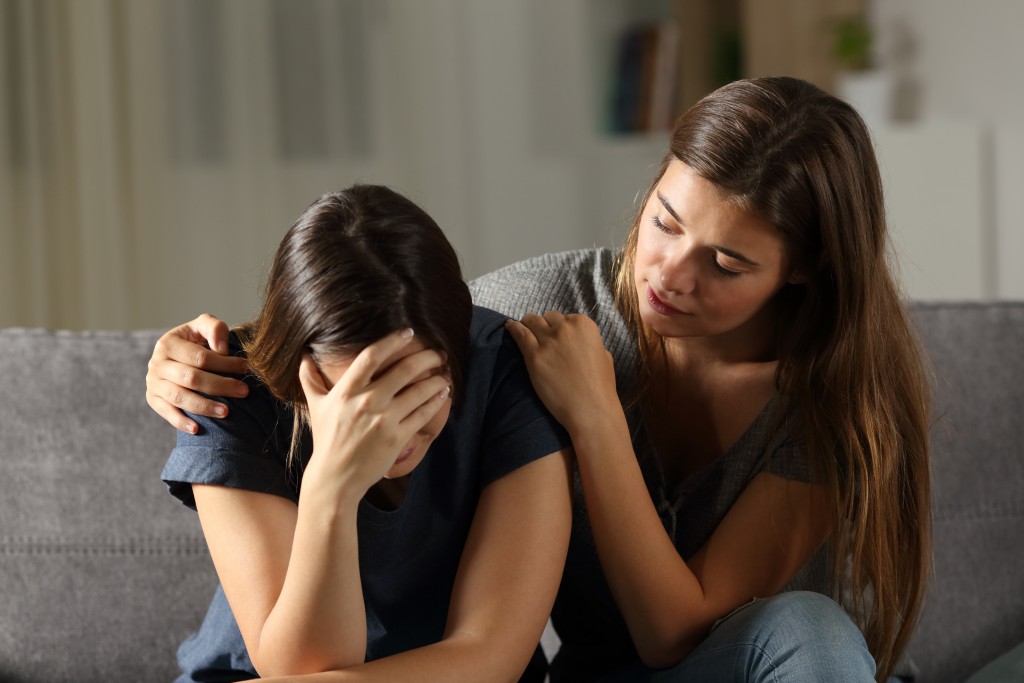Everyone has encountered grief at one point in their life at the very least. But despite being a shared emotion and experience, it’s often misunderstood. This is true especially at the context of mourning for a dying or deceased loved one. You may not be aware of it, but these misconceptions may be keeping you from expressing grief in a healthy manner.
Mourning Has a “Schedule”
A lot of people believe that the grief process only starts when death arrives. After all, the sense of loss kicks in precisely because of the loss. But the reality is the feeling of loss sometimes begins way before actual death, often at the news of a life-threatening illness and impending death. This is called anticipatory grief.
The thing though is since people aren’t too aware of this type of grief, it’s often not discussed, and so, people who experience this feel guilty about being at a sorrowful mode already. It’s normal to feel the loss even before death. But it’s important to keep yourself in check always, as this could quickly slide into depression and other mental health problems. Consider going to grief support homes in Indiana. You’ll be able to find empowerment in personal and group therapy sessions.
Being Busy Will Keep the Pain Away
It’s good to find an outlet for your emotions: keep your routine activities or pick up a new hobby. But know that these aren’t guaranteed protective barriers from pain. There will be times when it will shoot up and still overcome you, even years from your relative’s passing.
In some instances, people who didn’t have the time to fully grieve for their loved one’s death, because they had to be strong for other family members or they had to take care of the funeral or whatnot, experience incomplete grief. They don’t show pain at the time of the passing, only years later.

What all these mean is that in the same way that mourning has no “schedule,” it doesn’t have a deadline or timeline, too. And you also shouldn’t be hard on yourself for still grieving even if you’ve exhausted all options to keep yourself busy. Again, those aren’t guaranteed to keep the hurts away. Don’t be surprised when pain comes knocking at your door. You just have to be prepared to meet it. Of course, with the help of loved ones, therapists, and doctors.
Not Grieving Means Forgetting the Loved One
There will be good days, eventually. There will be moments when you can smile and laugh again. A lot of people who reach this grief milestone feel guilty though. They think that moving on with life means forgetting or dishonoring the deceased. But that’s just a myth. It’s not true, and it’s not beneficial in the healing process. Your love for your relative doesn’t diminish when you live life.
There are many ways to honor and remember your relative without punishing yourself. Some families gather at the birthday of their deceased and celebrate their life. Others sponsor a cause in the name of their loved one. It’s okay to be okay. And you want to strive to be okay for the sake of your physical and mental well-being.
There’s no linear way of grieving for someone’s death or illness. Every journey is unique. Get yourself a support group during this time so you can approach this life transition healthily.




